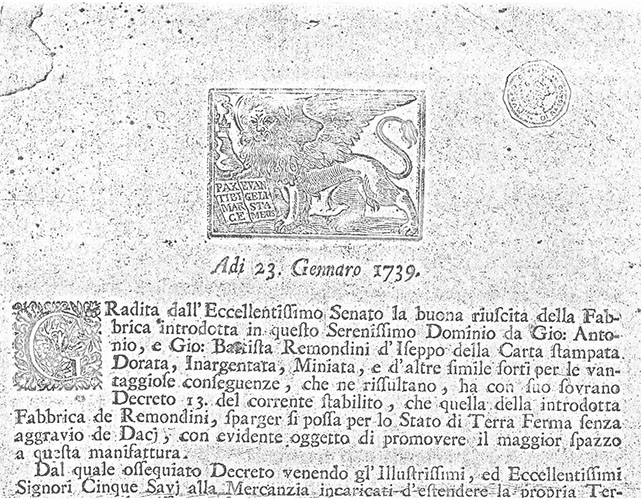
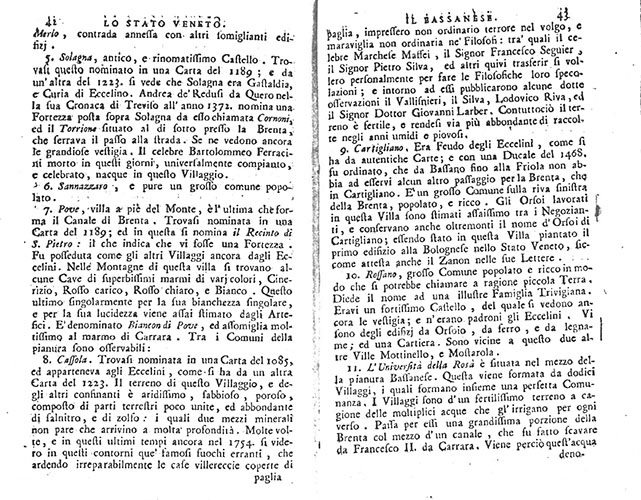
The mill in Rossano Veneto, Italy, was converted to a paper factory following authorisation from The Republic of Venice.
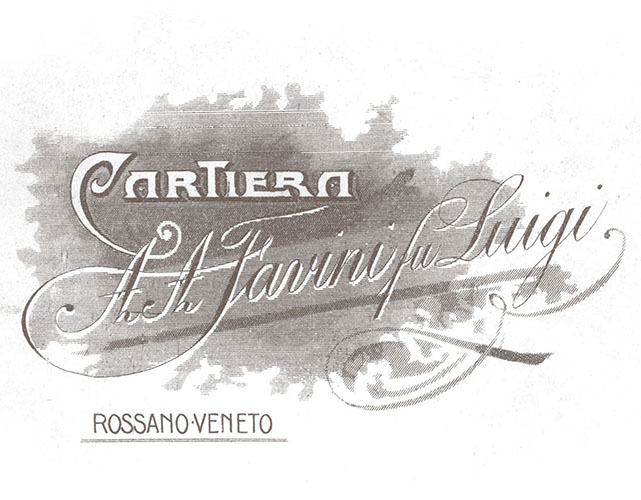
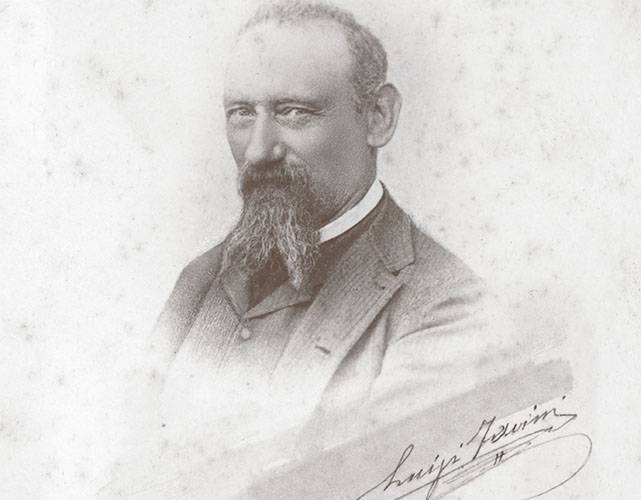
The Favini family purchased the factory in Rossano Veneto. Since then, the paper mill has been known by the name Favini.
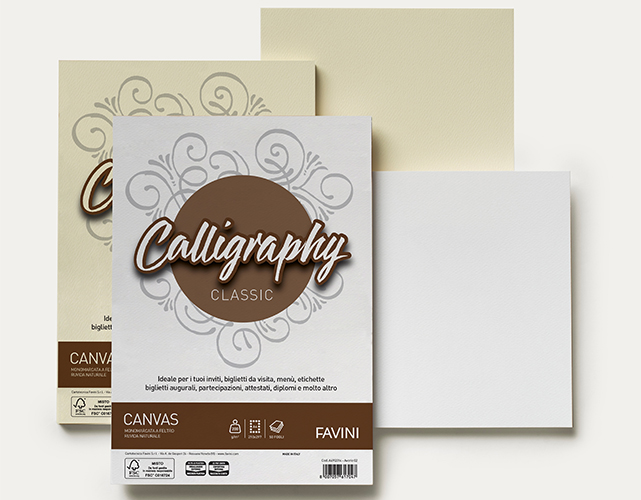
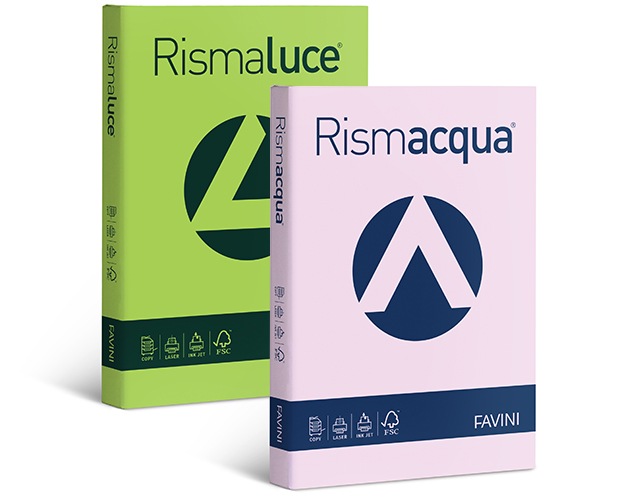
A new business division of school, office and hobby paper products was established. Rismaluce, Rismacqua, Palladio, Raffaello and Calligraphy are some of its well-known brands in Italy.
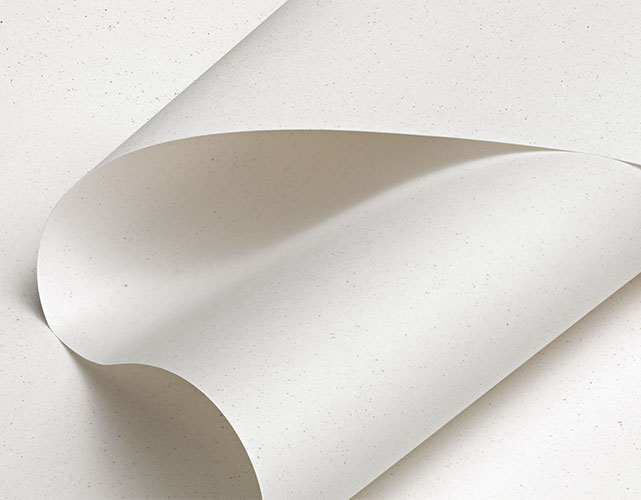
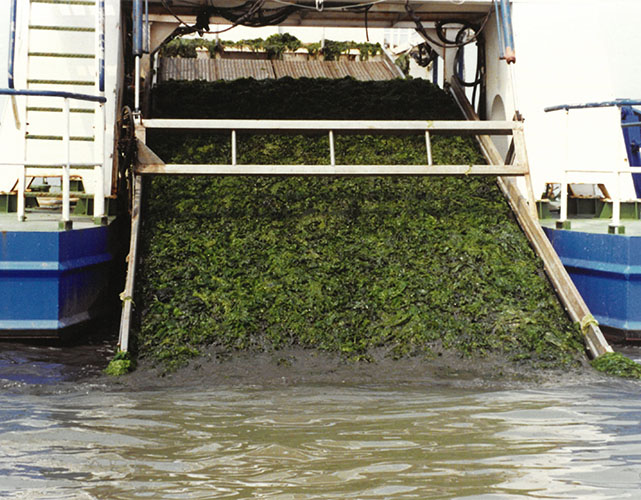
We caused a sensation in the paper market with the introduction of Alga Carta – a special paper containing algae. In the 1990s, the Italian government asked us to find a technique to use the over abundance of algae that was harming the ecosystem in the Venetian Lagoon.
Favini patented the process and product of manufacturing paper using the waste material, whereby the algae are dried and then ground in a special mill, before being added to paper. This was the first step into circular economy approach.

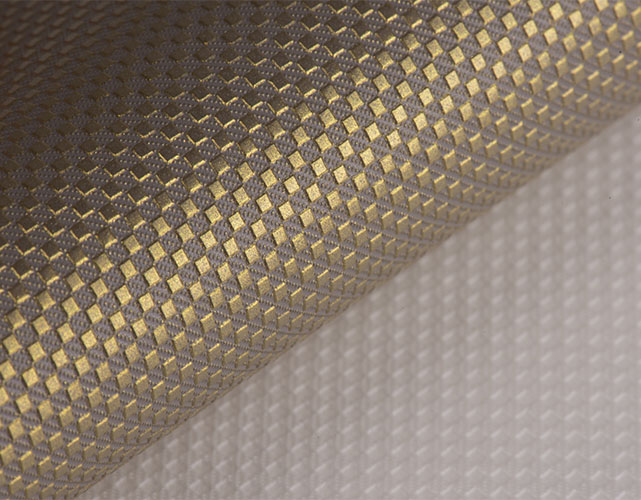
The company doubled in size with the acquisition of Cartiera di Crusinallo, a producer of Casting Release and Cast-Coated paper.
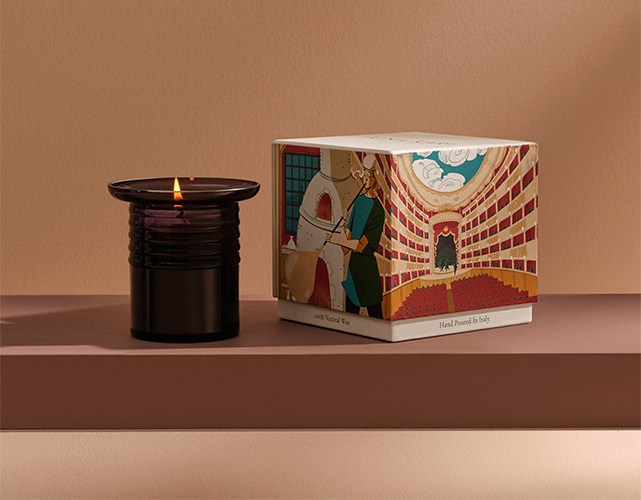

The private equity fund Orlando Italy purchased the Italian operations of the mill. The market repositioning leads the company to luxury and sustainable packaging speciality and to the fashion and design industries.
A new corporate identity was launched – since then Favini is presented to the market with a new logo and a new corporate image: Clean and direct, to reaffirm the new orientation of the company.
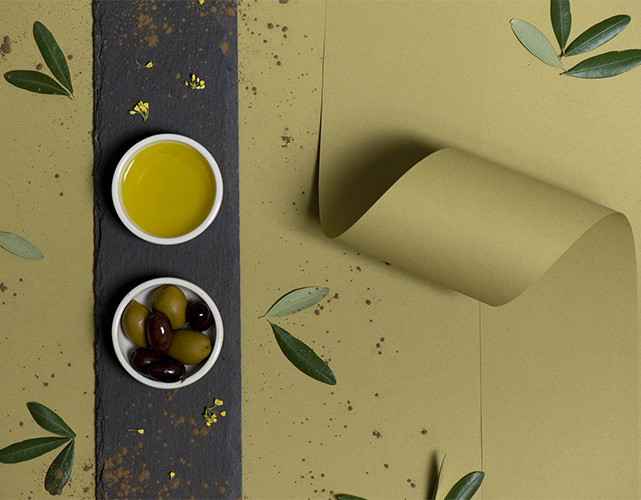
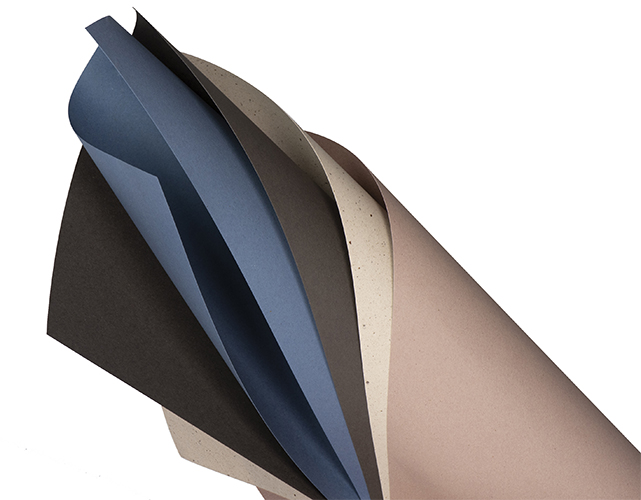
Upcycling is a key component in Favini’s history. After 20 years of study in market trends and trials in our R&D lab, following on from Alga Carta, Crush was launched. We developed this innovative range of ecological papers made with residues from agro-industrial processing of corn, citrus, kiwi, olive, almond, hazelnut, coffee, lavender, cherry, cacao, grape, used to substitute up to 15% of tree cellulose.
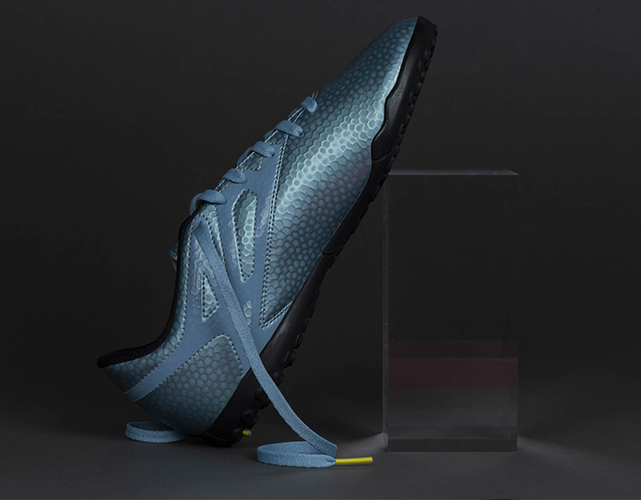
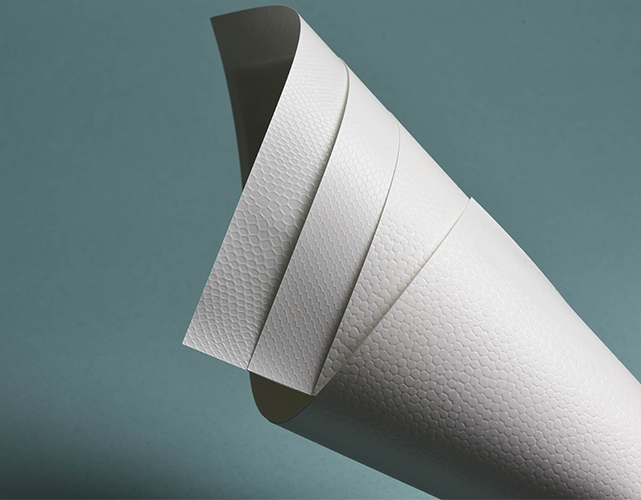
Favini acquires a division of Arjo Wiggins becoming a world leader in the segment of casting release products.
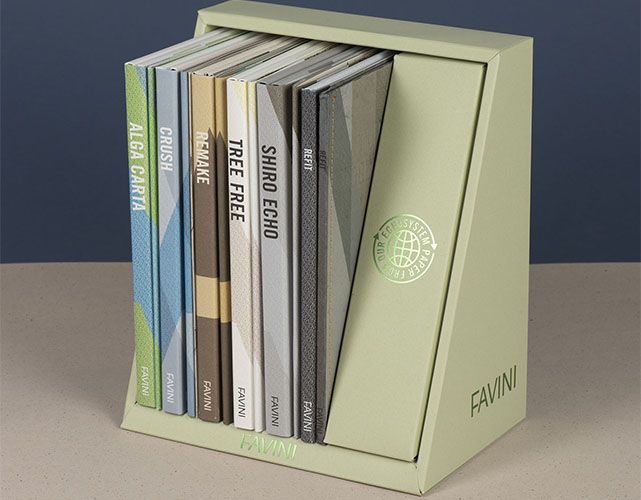
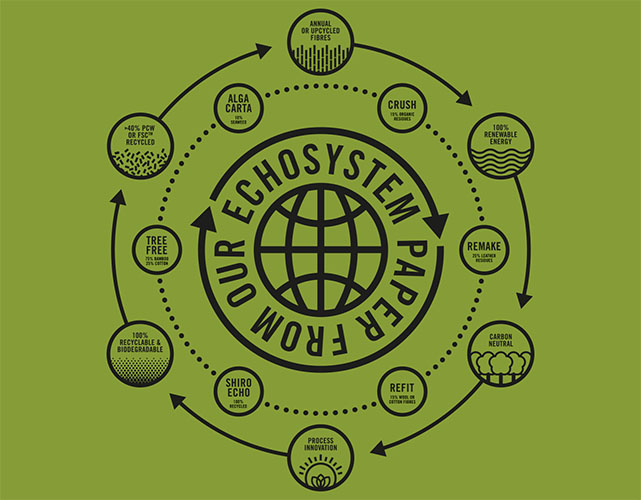
From the 90s onwards, our R&D department has been dedicated to developing papers that respect the principles of the circular economy, combining the concepts of sustainability and innovation.
Over the years this process has been improved and refined, making it possible to create a very wide range of ecological papers which is called “Paper from our Echosystem”.

